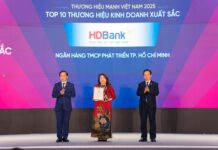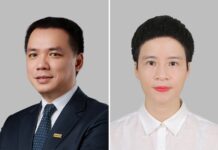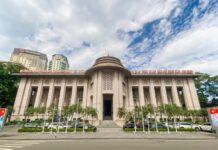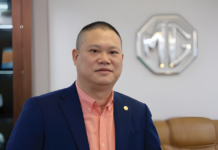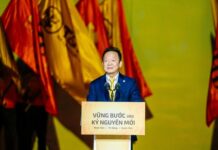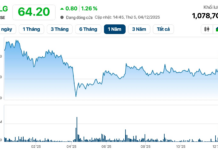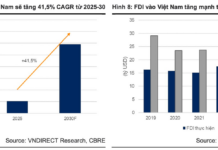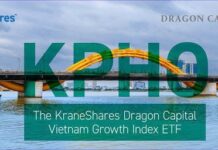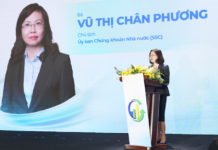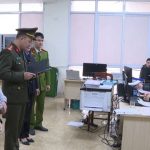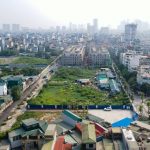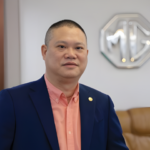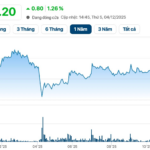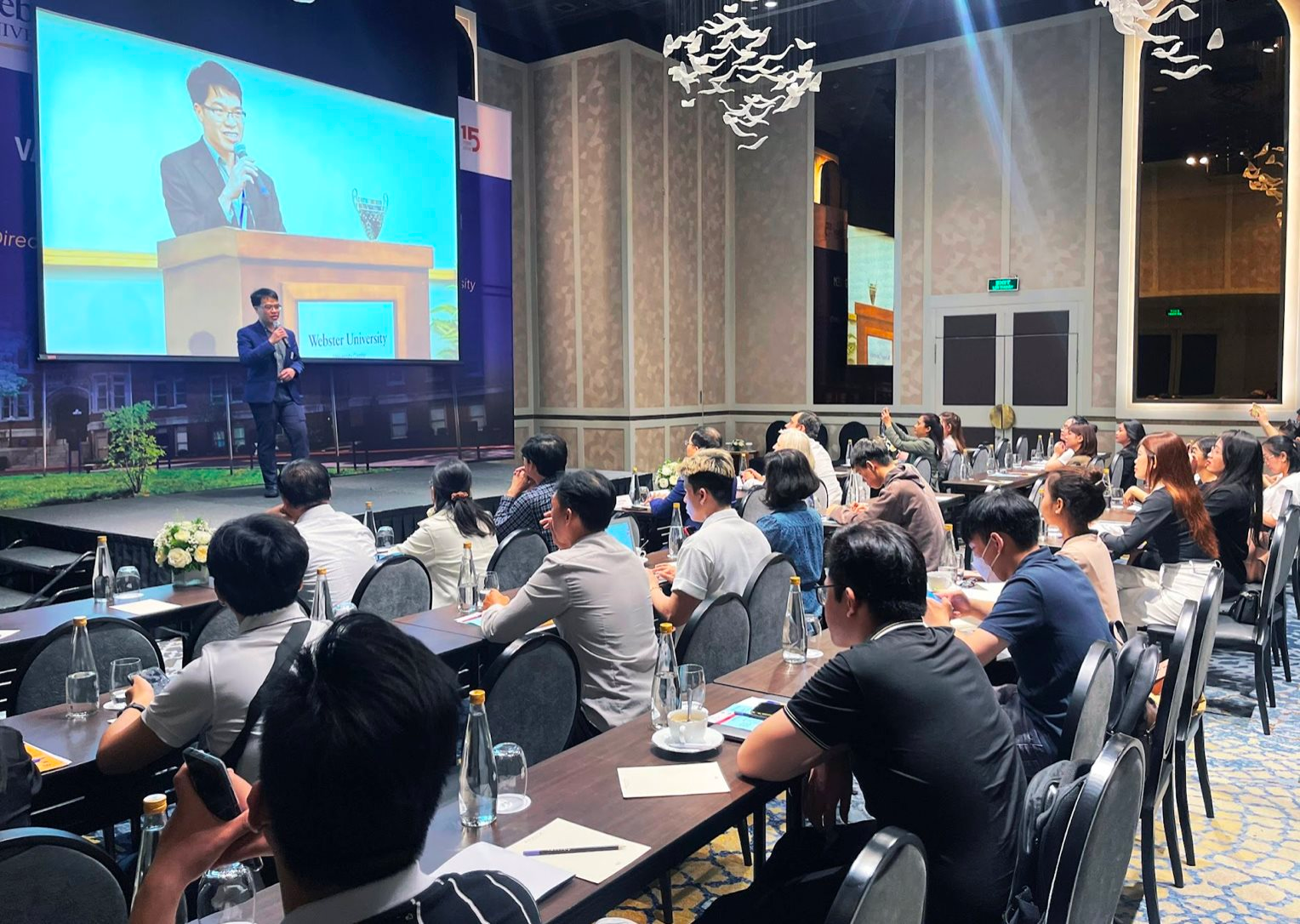
According to the 2024 Acumen report on Key Trends in Southeast Asia, over 350,000 students from the region studied abroad in 2022, making it the third-largest source of international students globally, after China and India.
Within Southeast Asia, Vietnam has the highest number of international students, with 132,000, followed by Indonesia and Malaysia with 56,000 each, and Thailand with 32,000.
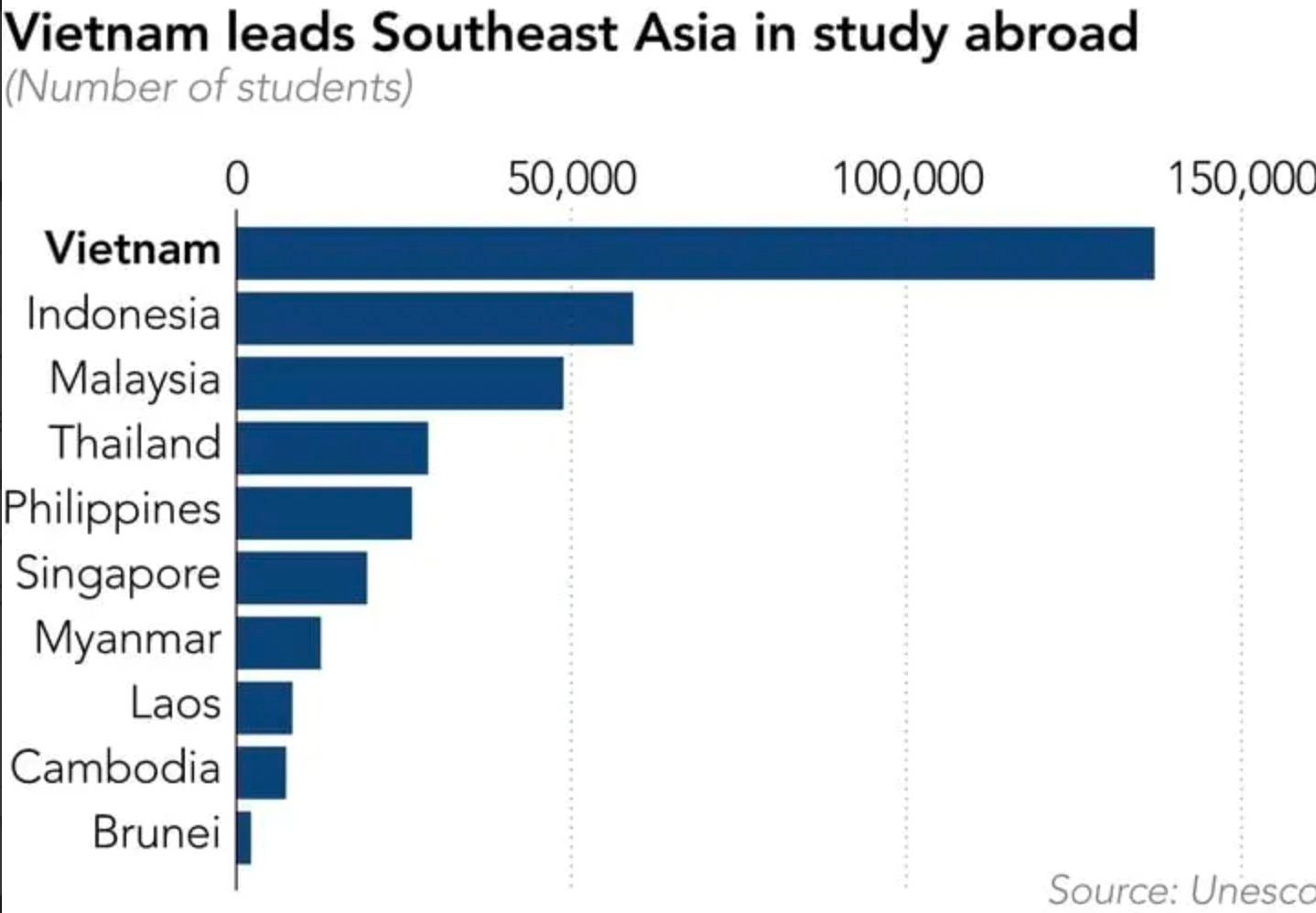
The trend of Southeast Asian students, particularly from Vietnam, studying abroad reflects not only a thirst for knowledge and a desire to learn from advanced educational systems but also signifies an important development in building a new generation of human resources.
“The story of studying abroad is not just about individuals but also about the transformation of a nation. Vietnam is on the cusp of significant change, and these international students are crucial catalysts in this process,” said Le Quang Liem, a renowned chess grandmaster, during a recent interaction at the Smart Train Academy.
Le Quang Liem is a celebrated chess player with numerous accolades, including World Blitz Champion in 2013, Asian Champion in 2019, and World Open Champion in 2019. He also won the prestigious Aeroflot Open tournament. In 2017, he graduated with honors from Webster University, a century-old institution, and currently serves as the Director of SPICE (Susan Polgar Institute for Chess Excellence) and Head Coach of the Webster University Chess Team since 2021.
At the interaction, participants concurred that the international education market is booming in Vietnam, fueled by the country’s deepening integration with the world. Vietnam is also emerging as a new destination for FDI and investments in chips, semiconductors, and AI.
This has led to a talent crunch in the technology sector. According to a report by TopDev, Vietnam’s IT industry is projected to face a shortage of nearly 200,000 skilled workers by 2025, out of a required 700,000. This dual challenge of talent scarcity and the need for internal resource optimization has prompted Vietnamese businesses to seek partnerships with renowned international universities to prepare for the impending tech market acceleration.
In fact, many technology talents who studied abroad are returning to Vietnam, not only boosting the electronics supply chain but also fueling the rapidly growing digital economy.
A notable example is Mr. Tran Tuan Anh, CEO of the solar energy startup Solano, who returned to Vietnam after years of studying and working abroad. Similarly, VinAI, an AI startup founded by Dr. Bui Hai Hung, a Harvard and Oxford alumnus, became the first Vietnamese company to have a paper accepted at NeurIPS, a top global conference on artificial intelligence.
Everest Education, a startup in the education sector founded by Tony Ngo (Harvard) and Don Le (Stanford), has built an online education platform that enables Vietnamese students to access high-quality, international-standard learning programs.
Vietnamese tech entrepreneurs attribute their global education to enhancing their knowledge, skills, and vision while also expanding their global network, ultimately contributing to Vietnam’s dynamic tech ecosystem.
The most extensive bribery case ever in Thanh Hoa: Numerous suspects prosecuted for “Giving and Receiving Bribes”
The Provincial Security Investigation Agency (PSIA) of Thanh Hoa province announced on January 31st that it has made the decision to initiate a prosecution against 23 individuals in connection with the offenses of “Accepting bribes” and “Giving bribes” as stipulated in Article 354(3) and Article 364(2) of the Criminal Code.
“Prosecution of government officials, land registration officers, and tax department employees in the largest bribery case ever”
The Thanh Hoa Police Investigative Agency has initiated legal proceedings against 23 individuals involved in the crimes of “Bribery” and “Receiving bribes”. This is the largest bribery case in terms of the number of suspects ever discovered and apprehended by the Thanh Hoa Police.






